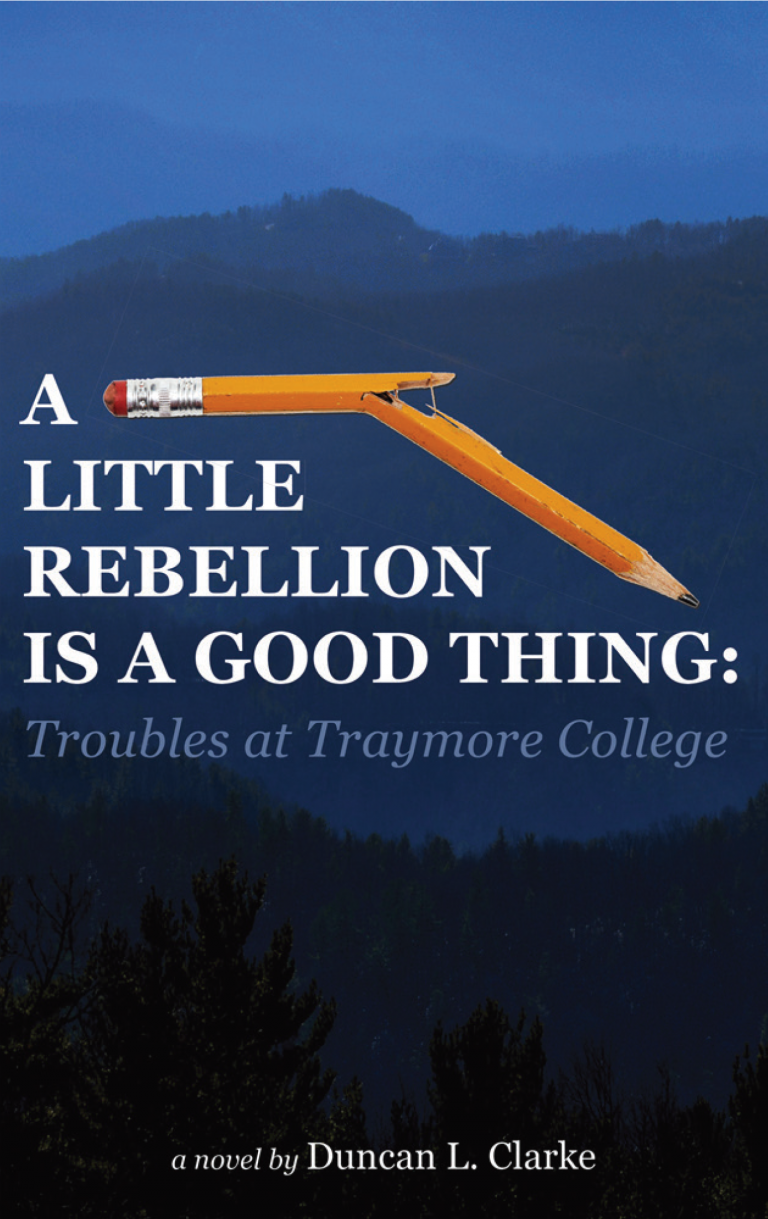Murder on the Appalachian Trail
Mystery, adventure, and suspense on the Appalachian Trail. A deranged, misogynistic serial killer of hikers is pursued by accomplished Appalachian Trail hiker Dell Peterson, his German shepherd, and the police through the forests, swamps, and mountains of Pennsylvania and Maine. Catching the murderer is a personal mission for Dell. He considers the trail to be a metaphor for a healthy environment, family, and spiritual renewal
Murder on the Appalachian Trail
Shortly after my late wife and I married in 1971, we hiked the entire Appalachian Trail. Years later, we again hiked the “A.T.,” as it is universally called by hikers, with our two young daughters. This second trek featured seven years of resolve, adventure, and discovery. Although my wife had been diagnosed with late-stage ovarian cancer, we finished together as a family on the summit of Mt. Katahdin, Maine, in 1996. The A.T. is, and always will be, an integral part of my life. The trail symbolizes the power and beauty of nature, the importance of family and trail friends, and the wonders of creation. All of the places, some of the characters, and many of the incidents are grounded in personal experience. Murder on the Appalachian Trail is a mystery, adventure, and crime novel. For me, it is also a love story.
Women rise up at a remote public women’s college 50 years before the Me Too Movement. A female dean and two activist students initiate discrete and risky intimate relationships with a young male professor to induce him to join them in forcing fundamental change. The college president’s resistance is corrupt, vicious, and sometimes violent.
A LITTLE REBELLION IS A GOOD THING: Troubles at Traymore College
My first full-time academic position was almost my last. I arrived at the all-women’s Radford College (now coeducational Radford University) in September 1969. I had just defended my PhD dissertation at the University of Virginia and my fellowship was ending. Radford was the only place I could secure an academic position on short notice. Three years earlier I’d also received a law degree from Cornell University.
I was young and single. Students and faculty whose personal and academic freedoms were being violated by the Radford administration soon inundated me with requests for legal advice.
Academic year 1969-1970 was at once frightening and exhilarating, stressful and sensual, traumatic and life-changing. Only now, fifty years later, do I relate the essence of that experience, albeit as fiction. I know the storyline because I lived much of the story. I was acutely aware that my two overriding objectives–personal and professional survival–were in jeopardy when I decided to help change the college’s culture by confronting its repressive longtime president.
The portrayal of several characters is grounded largely in reality. To my knowledge, all personal names have been changed. Some events and place names (including that of the college itself) have also been altered or are products of my imagination.

